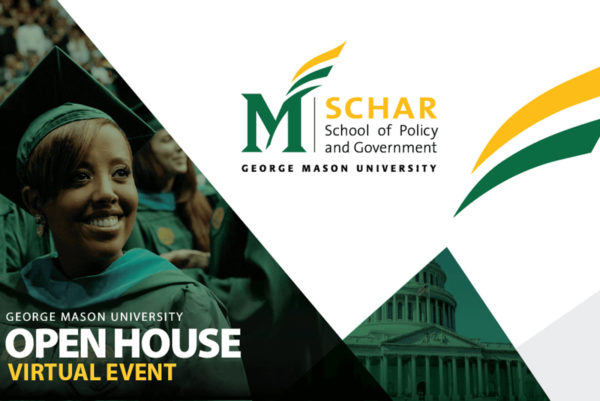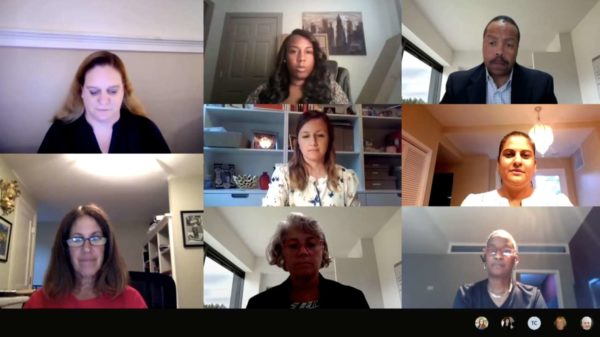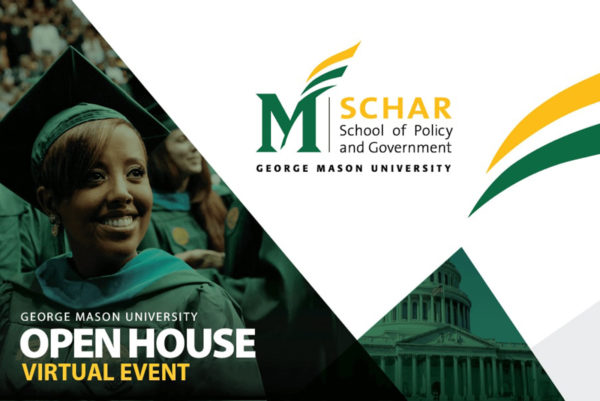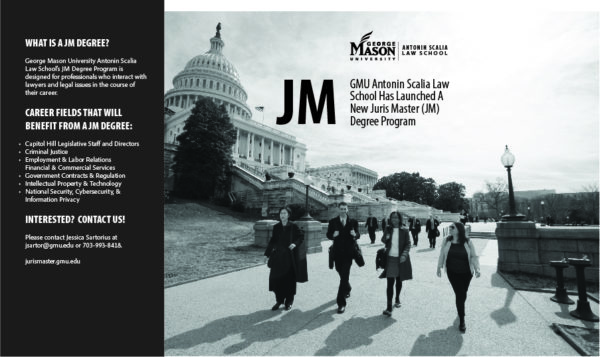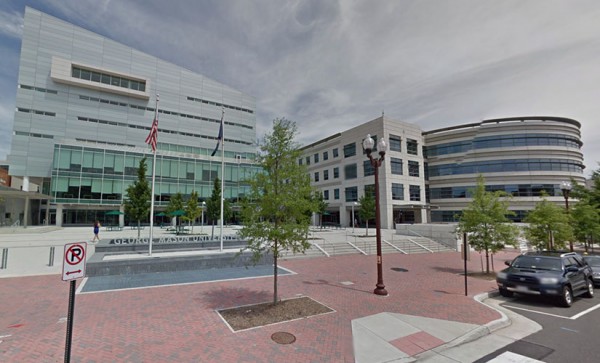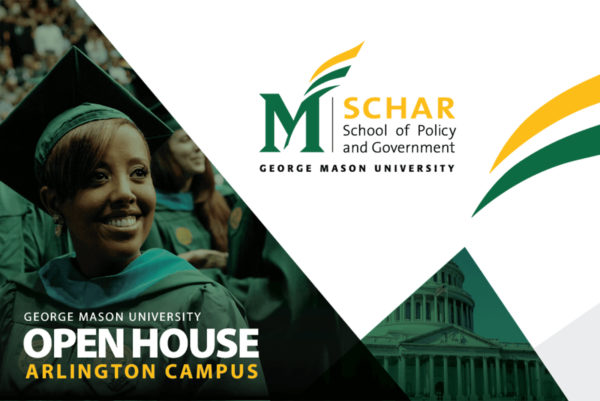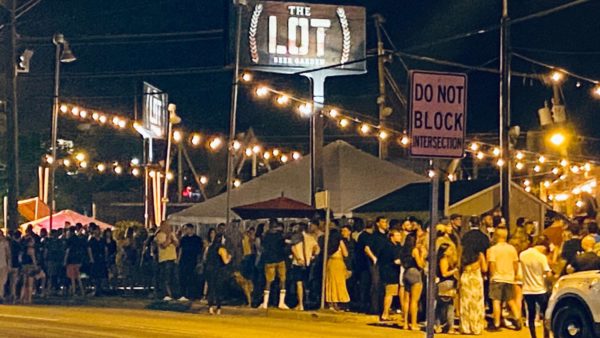
Crowding on sidewalks, which has occurred outside Arlington bars on recent weekends, has significant potential to spread the coronavirus, according to local infectious disease experts.
Confirming fears held by county officials and residents, infectious disease specialists at Virginia Hospital Center and George Mason University said the lack of physical distancing in these crowds, varying levels of mask wearing and the social environment makes the risk of coronavirus spread high.
Sidewalk crowds have become an increasing common sight during Arlington’s weekend nightlife, due to capacity restrictions inside venues. Long lines have formed outside spots like The Lot and Whitlow’s in Clarendon, leading some to fret about the implications on social media.
According to Dr. Kathryn Jacobsen, a professor of global health and epidemiology at George Mason University, pedestrians out for a stroll are not likely to contract the disease, but those standing in a crowd shirking the ordinance are in greater danger.
“There is little risk of infection if two people briefly cross paths walking in opposite directions on a sidewalk, but there is a high risk of the infection spreading if dozens or hundreds of people crowd together at a bar or club for several hours and one patron has coronavirus infection,” Jacobsen said. “That’s how we get superspreader events.”
Photos of the lines and crowds also show only a limited number of people wearing masks. While an exposed face allows for infectious droplets to travel unimpeded, Dr. Amira Roess, also a professor of global health and epidemiology at George Mason University, said prolonged time spent not physically distant is unsafe even with masks.
“Standing in line with masks on less than six feet apart from individuals outside of your family or closed social circle for more than 15 minutes is considered an exposure and these types of exposures should be avoided,” Roess said.
The experts all said being outside is safer than indoors, but there are still risks that customers at restaurants and bars with outdoor seating often underestimate.
Dr. Jennifer Primeggia, a Fellow of the Infectious Disease Society of America and specialist in the Virginia Hospital Center Physician Group, said virus particles can still travel within compact outside seating.
“Generally, being outdoors is safer than being indoors because there is more clean air for the droplets to disperse,” Primeggia said. “There is still a risk of exposure to infectious particles when social distancing is not practiced. Additionally, multiple studies have shown that factors such as wind can disperse particles further than six feet.”
With local coronavirus cases on the rise, the Arlington County Board approved an emergency ordinance two weeks ago “prohibiting groups of more than three people from congregating on streets and sidewalks posted with the restrictions, and requiring pedestrians to maintain at least six feet of physical separation from others on the posted streets and sidewalks.”
The ordinance has gotten pushback, even among those who believe such crowding poses a health danger.
The law “seems well-intentioned but flawed,” Arlington Transportation Commission Chair Chris Slatt wrote last week, adding that it “appears to criminalize common behaviors.” The Arlington Chamber of Commerce also penned a letter opposing it, saying that the ordinance was “constructed hastily, leading to confusion and missed opportunities to develop a better policy.” Others pointed out that it has the potential to prevent families from walking down the street and to lead to inequitable enforcement.
Nonetheless, the county’s new ordinance is seen by the experts as a step in the right direction to reducing disease spread, so long as it is obeyed and succeeds in breaking up the crowds.
“This ordinance highlights the importance of social distancing and wearing masks even outdoors,” Roess said. “However, if this ordinance is not enforced then it will not be effective.”
The police department plans to begin issuing violations and fines that are not to exceed $100 following a public education campaign about the ordinance and the posting of signs, the county said shortly after it passed..
Photo courtesy Brad Haywood


